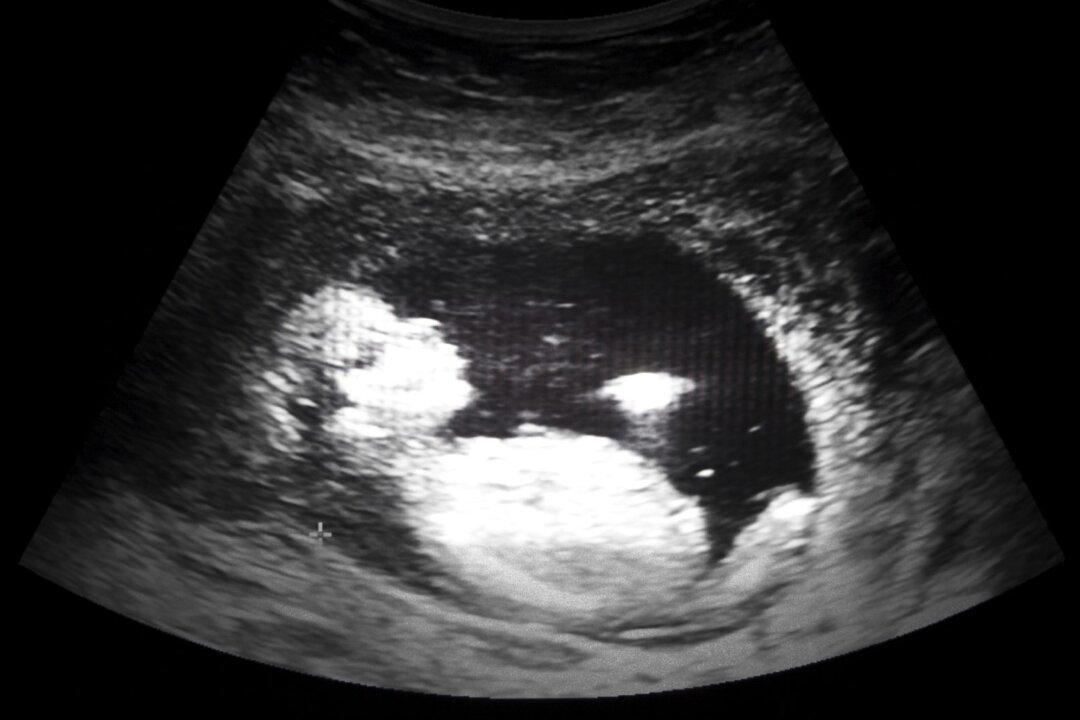The Texas Supreme Court ruled on March 11 that state officials do not have the authority to enforce the state’s six-week abortion ban, which effectively ends the abortion clinics’ federal legal challenge to the law.
The Texas Heartbeat Act, also known as Senate Bill 8 (SB 8), bans abortions after a heartbeat is detected—usually around six weeks after conception—unless a medical emergency exists. It has no exception for pregnancies due to incest or rape.




